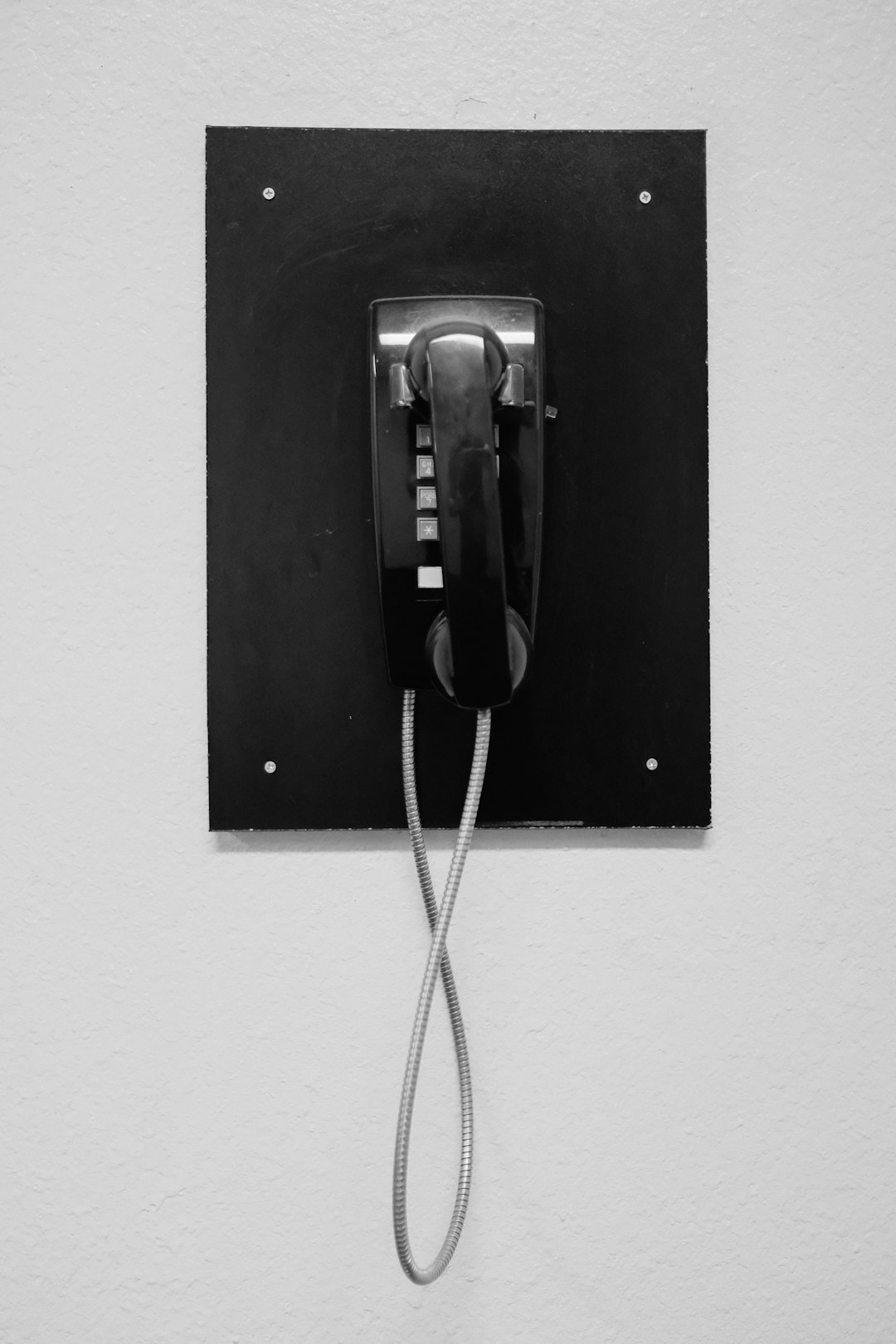No Call Laws, enforced by the Indiana Utility Regulatory Commission (IURC), protect residents of Lafayette and Indiana from unwanted telemarketing calls by prohibiting businesses from calling numbers on the National Do Not Call Registry without prior written consent. A No Call Attorney in Indiana is vital for ensuring compliance, guiding clients through legalities, and representing them in disputes or violations related to intrusive marketing calls. These laws have significantly reduced annoying sales pitches, improving residents' quality of life and encouraging businesses to adopt more sophisticated marketing strategies. No Call Attorneys help navigate legal complexities, including consent requirements and call record management, fostering trust, data security, and sustainable business relationships.
“Uncovering the Effectiveness of No Call Laws in Lafayette, Indiana provides a compelling case study in consumer protection. This article delves into the success of these laws, which aim to curb unwanted phone marketing calls. With a focus on Lafayette, we explore how ‘No Call’ legislation has impacted local businesses and consumers alike. Furthermore, insights from a prominent No Call Attorney Indiana offer legal perspectives on navigating these regulations. Understanding these laws is essential for both businesses operating in the area and attorneys specializing in this niche.”
Understanding No Call Laws: A Basic Overview

No Call Laws, also known as Do Not Call laws, are designed to protect residents from unwanted telemarketing calls and sales pitches. In Indiana, including the city of Lafayette, these laws are enforced by the Indiana Utility Regulatory Commission (IURC) and are a crucial part of consumer protection. The primary goal is to give individuals control over their phone lines and reduce the number of intrusive marketing calls.
Under these laws, businesses are prohibited from making telemarketing calls to numbers listed on the National Do Not Call Registry unless they have obtained prior written consent from the caller. A No Call Attorney in Indiana plays a vital role in ensuring compliance with these regulations, advising clients on how to navigate the legal framework, and representing them in case of any disputes or violations related to unwanted calls.
The Impact of No Call Laws in Lafayette, Indiana

In Lafayette, Indiana, the implementation of “No Call” laws has significantly reduced unwanted telemarketing calls, providing residents with much-needed respite from persistent sales pitches. These laws empower citizens to take control of their phone lines and curb excessive advertising calls. A No Call Attorney in Indiana plays a pivotal role in ensuring these regulations are upheld, offering legal guidance to both consumers and businesses alike. They help educate the public on their rights and assist in resolving disputes related to telemarketing practices.
The impact is twofold: it shields residents from annoying interruptions during personal time and promotes fair business practices. By limiting direct sales calls, consumers can enjoy a calmer environment, leading to improved quality of life. This shift encourages businesses to adopt more sophisticated marketing strategies that respect consumer choices, fostering a healthier and more sustainable economic landscape in Lafayette.
Navigating Legal Implications: Insights from a No Call Attorney Indiana

Navigating Legal Implications: Insights from a No Call Attorney Indiana
The success of no-call laws in Lafayette, Indiana, underscores the importance of understanding legal implications for businesses and consumers alike. As these laws gain traction, companies must adapt their marketing strategies to respect consumer privacy and avoid costly lawsuits. A No Call Attorney Indiana is well-versed in these regulations, providing crucial guidance on what constitutes consent and how to manage call records accurately. They emphasize that compliance goes beyond mere adherence to rules; it involves building trust with customers, ensuring data security, and fostering long-term business relationships.
These attorneys offer insights into the intricacies of no-call laws, including the types of calls that are exempt, such as those initiated by the consumer or for specific business purposes like collecting outstanding debts or verifying services. By staying informed about these legal nuances, businesses can avoid common pitfalls and ensure their marketing efforts remain effective while respecting consumer rights.






